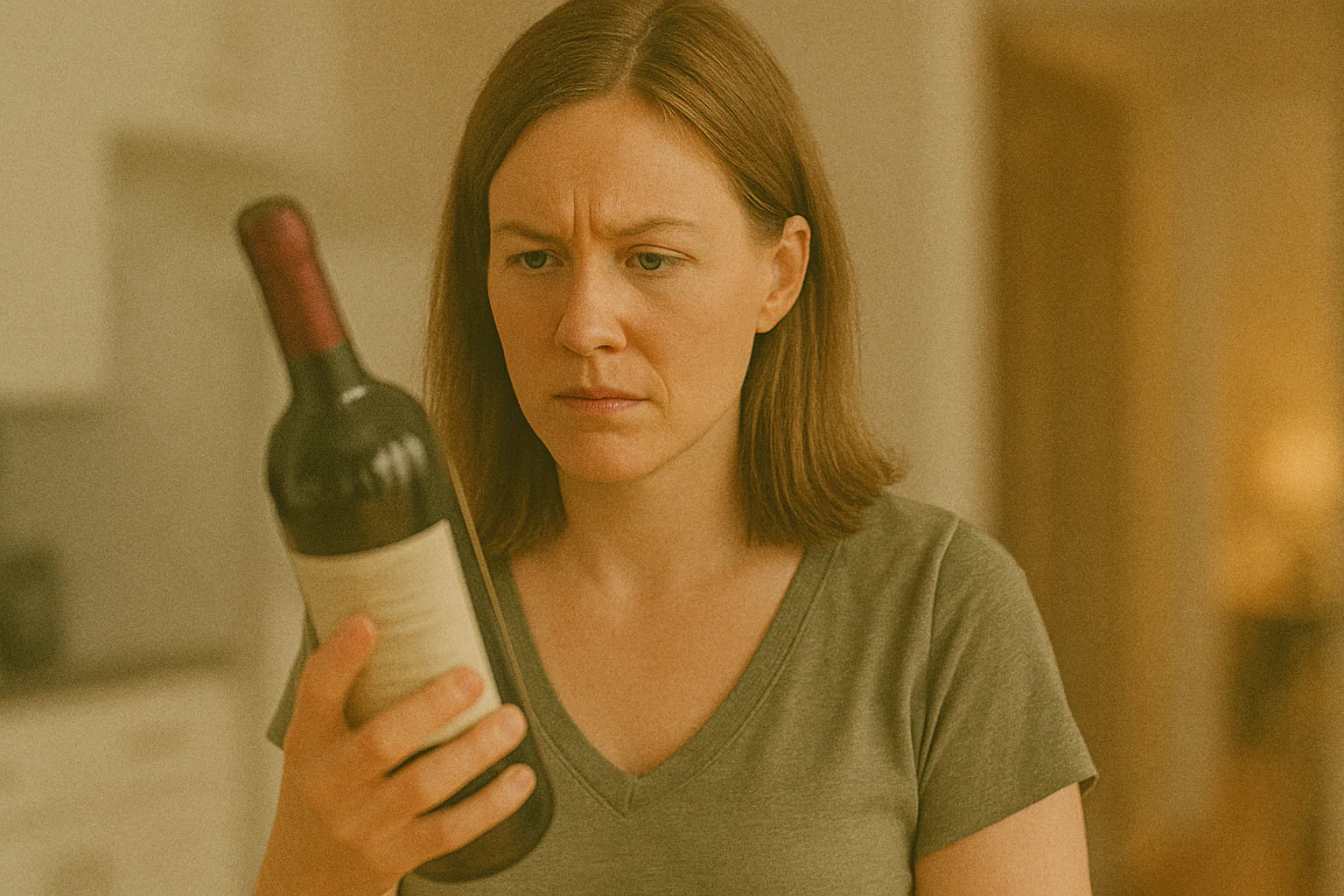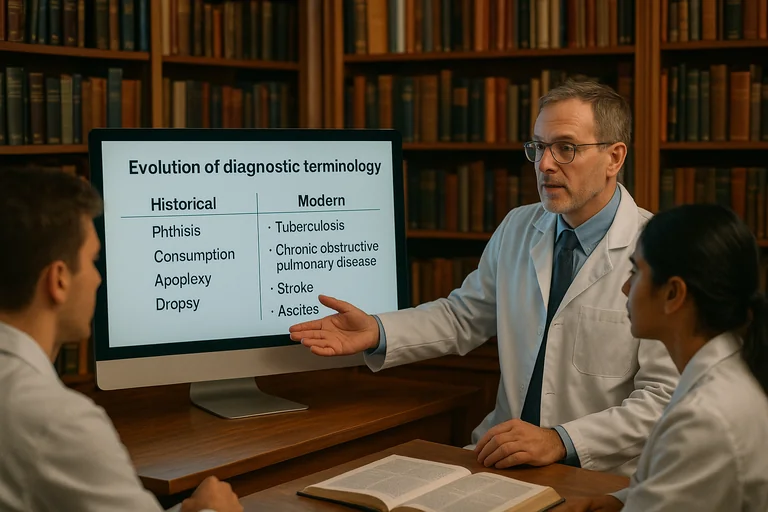A 2 minute assessment to get a personalized mental health or alcohol recovery plan.
Think you might have a drinking problem but tell yourself it's not that bad? The warning signs you're ignoring could be your brain trying to save your life.
What You'll Discover:
- Why wondering "do I have a drinking problem" is already a red flag.
- The medical criteria that separate social drinking from alcohol use disorder.
- Warning signs your brain is becoming dependent on alcohol.
- When to get help before drinking destroys everything you care about.
You've been asking yourself this question more often lately. Maybe it started after you realized you finished an entire bottle of wine while watching Netflix last Tuesday. Or perhaps it was when you called in sick to work because you were too hungover to function. The question keeps nagging at you: do I have a drinking problem?
Or at least, that's what you tell yourself when you're being honest. In actuality, most people who wonder about their drinking already know the answer - they just don't want to admit it. The fact you're even googling "do I have a drinking problem" at 2 AM after another regrettable night suggests you already know something's wrong. After all, people with healthy relationships to alcohol don't spend time wondering if they have a problem. But in actuality, more recent understanding of alcohol use disorder shows it exists on a spectrum - you don't need to be drinking vodka for breakfast to have a real problem.
It may be time to stop bargaining with yourself about whether you have a drinking problem if you want to address it before it gets worse.
What Medical Science Says a Drinking Problem Actually Is
Don't let anyone tell you a drinking problem is just about how much you drink or how often. The medical definition focuses on something much more important - control and consequences.
Many researchers, addiction specialists and doctors will tell you that having a drinking problem means alcohol is negatively affecting your life and you can't reliably control it. The Mayo Clinic defines it as problems controlling your drinking and continuing despite problems. Even if you only drink on weekends, if it's causing issues, you have a drinking problem. It's particularly clear when alcohol starts affecting work, relationships, or health. For example, someone who blacks out at company events or fights with their spouse every time they drink.
Now that you have a better idea what constitutes a drinking problem medically, let's delve further into the warning signs you're probably already noticing, some of which may be very surprising.
The Spectrum From "I Drink Too Much Sometimes" to Full Addiction
The undeniable truth is that drinking problems exist on a continuum. There's risky drinking, problem drinking, and alcohol use disorder of varying severities.
Risky drinking means consuming alcohol in ways that could harm you. Binge drinking (5+ drinks for men, 4+ for women in 2 hours) counts as risky. So does drinking and driving, mixing alcohol with medications, or drinking when pregnant.
Problem drinking occurs when alcohol starts interfering with life. Missing work for hangovers, arguments about drinking, spending too much on alcohol. The NIAAA explains AUD is characterized by impaired ability to stop despite consequences.
Mild AUD (2-3 DSM-5 criteria) might mean drinking more than intended and unsuccessful attempts to cut back. Moderate AUD (4-5 criteria) adds neglecting responsibilities and continued use despite problems. Severe AUD (6+ criteria) includes tolerance, withdrawal, and life revolving around alcohol.
Worried you're further along the spectrum than you thought? Most people minimize their drinking problems until they're severe.
The Warning Signs Your Brain Is Getting Dependent
Now with understanding the spectrum, recognizing specific warning signs becomes crucial. But more importantly, these aren't just behaviors - they're brain changes.
What's most concerning about drinking problems is how gradually they develop. Loss of control happens slowly. Essentially, you set limits but can't stick to them. That is why "just one drink" turns into six.
This is obvious in hindsight, but people don't notice while it's happening. Preoccupation with alcohol creeps in. Planning your day around drinking. Feeling anxious without alcohol available. It will only get worse without intervention.
The takeaway is that if you're constantly thinking about drinking, your brain is already becoming dependent.
The good news is that recognizing these signs early means easier treatment before severe addiction develops.
Physical Signs Your Body Is Screaming for Help
Clearly, drinking problems aren't just psychological. But understanding the physical warnings reveals how much damage is already happening.
In addition to hangovers getting worse, your body shows other red flags. Tolerance is a major one - needing more alcohol for the same effect means your brain has adapted. That's dependency forming.
Let's look at withdrawal symptoms realistically. Imagine waking up shaky, sweating, anxious until you have a drink. That's physical addiction. Your body now needs alcohol to function normally.
Another key consideration is health problems emerging. High blood pressure, liver enzymes elevated, stomach issues, sleep problems. These aren't normal aging - they're alcohol damage accumulating.
NEED TO KNOW: If you experience any withdrawal symptoms when not drinking - shaking, sweating, anxiety, nausea - you have physical dependence requiring medical supervision to stop safely.
The Relationship Red Flags You're Probably Ignoring
If you're wondering "do I have a drinking problem," look at your relationships. Alcohol problems always affect the people around you.
Partners complaining about your drinking isn't nagging - it's them seeing what you can't. Lying about how much you drink shows shame and loss of control. Avoiding non-drinking social events reveals alcohol has become necessary for fun.
Arguments while drunk or about drinking indicate alcohol is damaging relationships. Friends expressing concern means it's noticeable to others. Family members walking on eggshells around your drinking shows they're afraid.
These relationship problems often motivate people to finally address their drinking. When alcohol costs you people you love, the price becomes clear.
But here's what's critical: by the time relationships are suffering, your drinking problem is already established. Don't wait for divorce or estrangement to take action.
When Mental Health and Drinking Create a Vicious Cycle
The connection between drinking problems and mental health is so strong it's almost universal. Self-medicating depression, anxiety, PTSD, or ADHD with alcohol is common but dangerous.
Alcohol temporarily numbs emotional pain but worsens mental health long-term. Depression deepens, anxiety intensifies, trauma responses worsen. You drink more to cope with problems alcohol is creating.
Understanding the difference between problem drinking and addiction helps determine treatment needs. Problem drinking might not involve physical dependence, while addiction includes withdrawal and compulsion.
The Science Daily reports that people with AUD are 2-3 times more likely to have depression or anxiety. The conditions fuel each other in a destructive cycle.
Ready to stop wondering and get real answers about your drinking?
If you're tired of asking yourself "do I have a drinking problem," if you want professional assessment without judgment, or if you're ready to explore treatment options, taking action today could change everything. Choose Your Horizon offers 100% online, confidential assessment and treatment.
Ready to get honest about your drinking? Take the online Alcohol Use Assessment to understand whether you have a drinking problem and explore evidence-based solutions before it gets worse.




